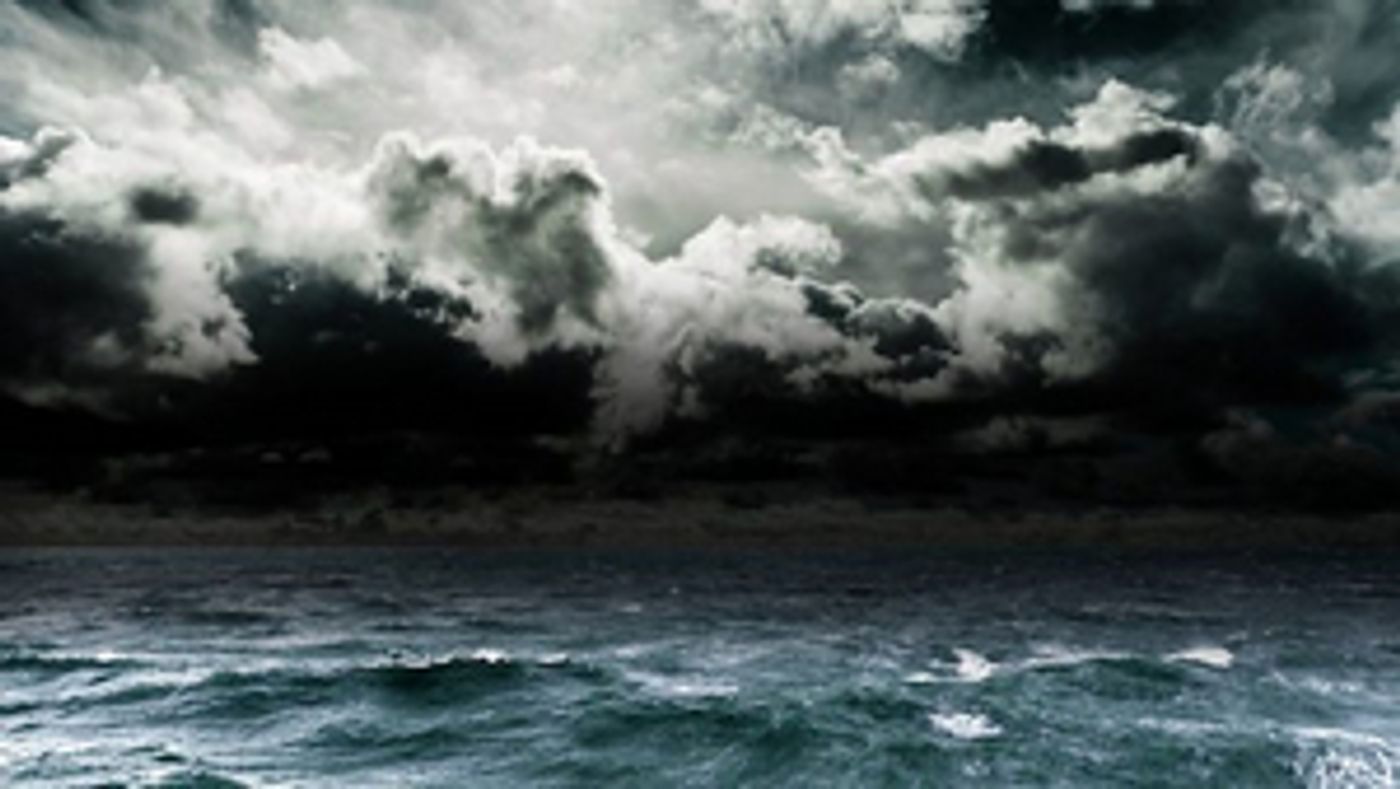Guest Blog: Madeleine Worrall on THE TEMPEST on BBC Radio 3
The actress is playing Ariel in Shakespeare's play

I don't know why I'm starting this article with an admission that I had never really been 'that into Shakespeare'. It is the sort of casual assertion which leaves a ghostly trail of incredulous disappointment upon the face of the poor actor you have annointed your confessor - they will never really respect you again.
It's not just the dreary readings around the school table we were all afflicted by in our youth; characters dropped like a lead plumb line into a decrepit well, lost in the mire at the bottom. It's not just the imbalance of male versus female characters which afflicts young actresses, fated to play Miranda rather than Mercutio. It was just that I always felt I didn't sit comfortably with him in a room. His mind did one thing, mine did another. We painted with different colours, I felt. I could admire his dazzling virtuosity, but was rarely moved.
With age, I have noticed this has started to change. The melancholy tilt of his words in the later plays swirls around me like leaves on a November day. The uncertain, sad browns and skeleton patterns of his words brush against me, more insistently. I start to understand.
So it was, to emerge out of the grim solitariness of lockdown, into an actual studio, to record The Tempest, as Ariel. When I was asked, the first reaction was one of terror - how is it possible, with no rehearsal (radio rarely has the time or budget for that), to simply go into a studio and do justice to the play, to that character?
But somehow the awfulness of the last year or so silenced the familiar fear; there was nothing to lose. Freed from the constraints of the usual questioning, of uncertainty and ambivalence, to be cast like a barque into the storm, to have to 'speak' these words, to walk into the vastness of Shakespeare's imagination, was an exhilaration, sharp and fierce. I simply responded to the words, and tried to see them clearly in my mind's eye - helped tremendously by Gaynor MacFarlane's incisive, intelligent direction.
Ariel uses 'reeds' as a description more than once. Why? I saw Ariel as a liminal creature, born in the salty marshlands between land and sea, where reeds thrive, or else beside a river. He is of air, but he is of water, too - straddling the elements in all his forms.
Ariel takes great joy in words; flaming, amazement; his descriptions of his actions and their effect on the mariners are vivid and overflowing with the joy of being alive. Flight, speed, action.
My job was simply to allow myself to embody this sense, to relish the words on my tongue, and to feel Ariel's own delight in them, unhampered by my own fear or doubt. And, listening to Ian McDiarmid's masterful rendition of Prospero, he in one sealed off recording booth, a protection against Covid, me in another, it was easy to inhabit the world so, apparently, effortlessly painted by him. It was like stepping through a mirror.
And there is a purity in radio - nothing gets between the actor and the words. It is like painting with air - there is no costume to worry about, no set, just the fierce, live meditation of the poetry, in this most poetic and mesmerising of his plays.
The inquisitive sorrow of Ariel, when he says "I would, sir, were I human" is a reminder to us all - how can we remember to be human, at all times? How can we so easily forget the qualities which make us so - compassion, empathy, and love? Ariel feels pain, we know this by his torment when reminded of his incarceration by Sycorax in that pine tree. But somehow he retains his spirit, all the same.
But his objective, always, is freedom. This is his final task for Prospero. At the end of the play, he is released into the elements; a final act of grace by the magician poet, at last denuded of his power. It was a feeling we all longed for, after so many months of being shut away from our own elements, in this strangest and hardest of years.
At these times words, imagination and image allow us to travel in our minds, to break the spell of sameness, of missing, of loss. They accomplish something we could not, on our own. Life, in the hands of Shakespeare's words, rises like Prospero's island from seas of fog which have encompassed us on all sides. I hope you enjoy your time on the island of Shakespeare's great dream as much as we enjoyed inhabiting it.
Listen on BBC Radio 3 and BBC Sounds on 7 November at 7.30pm https://www.bbc.co.uk/programmes/m0011cm5
Videos

